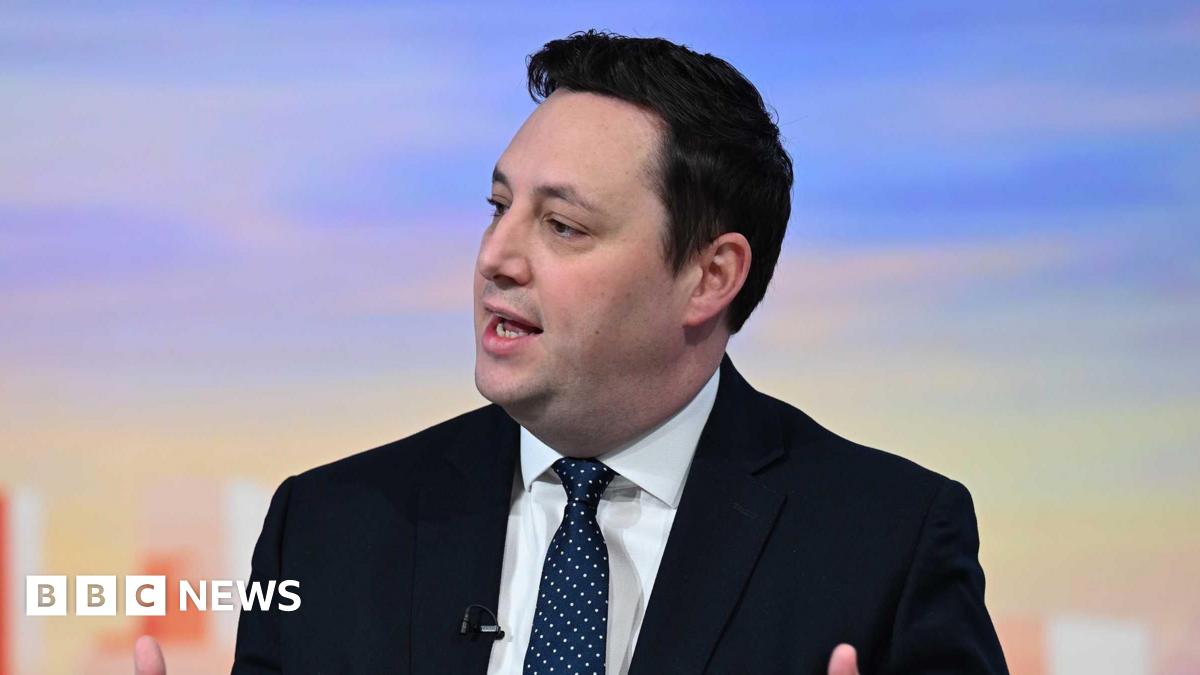The Future’s Blue!
Well-Known Member
- Joined
- 17 Dec 2019
- Messages
- 13,357
- Team supported
- City
Those opposition seats look quite empty, did Badenoch, Davie, Denyer/Ramsay, and Farage make it?
Those opposition seats look quite empty, did Badenoch, Davie, Denyer/Ramsay, and Farage make it?
Maybe you should have a look at the legislation they’re voting on. The actual bill, rather than what a few people on here believe is being introduced.Get in there!
Regardless, it's still a good decision.Maybe you should have a look at the legislation they’re voting on. The actual bill, rather than what a few people on here believe is being introduced.
There’s nothing in there that couldn’t have been voted on weeks ago - it certainly doesn’t offer a resolution- and had they done it sooner then it would have made things easier from an operational perspective, and allowed more time for a proper discussion to be had around future investment and running costs.
Nothing has been decided yet, other than to prevent the plant becoming unusable, or requiring some fairly complex engineering to avoid that outcome.Regardless, it's still a good decision.
But it's the first step.Nothing has been decided yet, other than to prevent the plant becoming unusable, or requiring some fairly complex engineering to avoid that outcome.
Yes it should but in the current climate where every penny spent is prioritised, I can’t see any way it would have made the cut without it being elevated for national security reasons thanks to the idiot in Washington.Agree but it should have been made by a Labour government even in untroubled waters imo and fair play to them, it looks like it’s getting done.
Yes, but it’s one that should really have been made earlier.But it's the first step.
Have you had training from CCHQ?Yes, but it’s one that should really have been made earlier.
If they do indeed end up nationalising it, then the direct impact on the fiscal rules will be fairly small - certainly not critical - but the impact on sentiment in the gilt market (currently fragile) could in theory be more problematic. Hence why I think the emergency vote in parliament and the political theatre around it isn’t helpful.

Those opposition seats look quite empty, did Badenoch, Davie, Denyer/Ramsay, and Farage make it?
That’s my honest assessment - you can agree or disagree, but to say that today’s bill is tantamount to a renationalisation, and that any such decision would be straightforward from a fiscal perspective, is factually incorrect.Have you had training from CCHQ?
Repetitive.Maybe you should have a look at the legislation they’re voting on. The actual bill, rather than what a few people on here believe is being introduced.
There’s nothing in there that couldn’t have been voted on weeks ago - it certainly doesn’t offer a resolution- and had they done it sooner then it would have made things easier from an operational perspective, and allowed more time for a proper discussion to be had around future investment and running costs.
That’s my honest assessment - you can agree or disagree, but to say that today’s bill is tantamount to a renationalisation, and that any such decision would be straightforward from a fiscal perspective, is factually incorrect.
How would the plant(s) be valued if nationalised, what level of ongoing subsidy would be required, how much additional gilt issuance would be required to pay for it on on top of the £299bn already pencilled in for this fiscal year. All important questions; far more difficult questions in fact than the actions they took today, which really could have been done much earlier.
The desperation of some to not find fault with any decision by the Labour government however incorrect is palpable.
It's one of the few times that all political parties seem to agree on something. The first part is the acceptance that we need the Industry itself, its not an option not to.Dont you get it yet ? Its a strategic industry ...all of the above doesn't matter... our ability to produce metal for armaments without reliance on another country is vital ... especially as without NATO we're on our own .
Not everything in life can be counted in pounds and pence.
14 years you say...I like the way the government are bringing MPs in over the weekend to vote on it, in order to try to make themselves look decisive and timely, where in reality they’ve had months to deal with it.
That'll be the Teesside furnace thats now a barren wasteland and the subject of a dodgy deals investigation?

Tees Valley Mayor Ben Houchen to step down from MDC chair roles
Ben Houchen will step down as the chair of three Mayoral Development Corporations (MDCs) on 27 June.www.bbc.co.uk
The past few months have shown very clearly what happens if government borrowing costs rise above expectations, and if that increase occurs independently of any improvement in growth prospects. Welfare cuts, pressure on departmental spending, the prospect of further tax increases. I’m not sure how anyone can’t be aware of that.Dont you get it yet ? Its a strategic industry ...all of the above doesn't matter... our ability to produce metal for armaments without reliance on another country is vital ... especially as without NATO we're on our own .
Not everything in life can be counted in pounds and pence.
